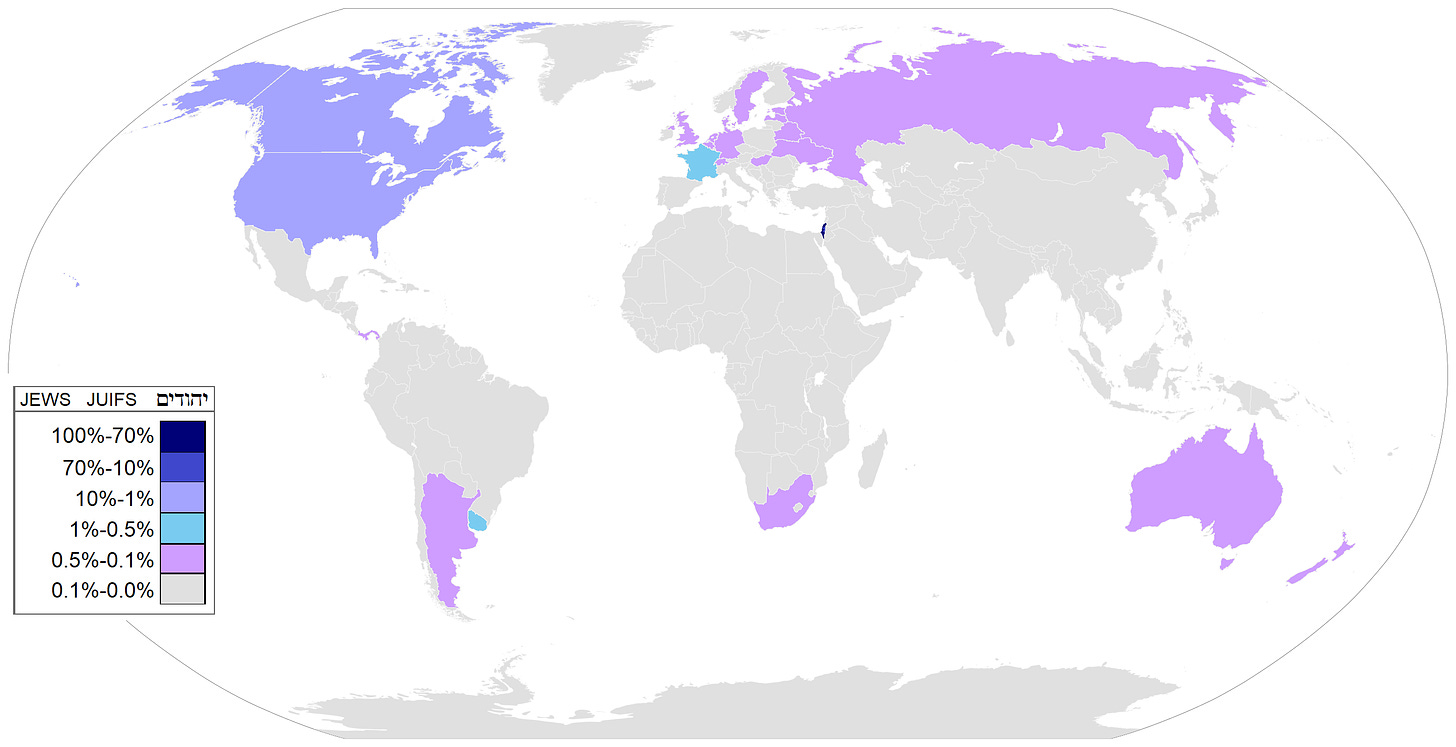
There is a beautiful story in the Talmud tractate of Sanhedrin, page 11, that is often overlooked because it spans all of one sentence.
In the story, an unknown woman enters the study hall of Rabbi Meir and proclaims to him, “Rabbi, one of you[r hall] has had carnal relations with me [and may thus be married to me].” The woman must have been quite desperate to publicly humiliate herself like this, given the stigma of public sexuality of the time, and, presumably, she had been unable to privately convince the recalcitrant perpetrator to either formally marry or divorce her. The response of Rabbi Meir is even more remarkable: he immediately writes the woman a bill of divorce (i.e., a get), and, thereafter, each of the rabbi’s students gets up and provide the woman a get as well.
The analysis of the story is even more fascinating. The woman, despite her desperation, refrains from naming (and publicly shaming) the man in question. Rabbi Meir, who writes the first divorce bill, is quite unlikely to have been the scoundrel at fault. This is not only because he was one of the greatest sages of his time (married to Bruriah - a strong and prominent woman in her own right), but also because the unknown woman appealed to him personally in her request for help. By publicly implying (however sincerely) that he was the reprobate marauder, Rabbi Meir was adjoining himself to the woman’s humiliation. However, he was also providing for an opportunity for the resolution to the conflict. Rabbi Meir suspected (based on a long tradition dating back to Moses) that his students would not sit silently while he was publicly embarrassed, and that they would each write a divorce bill in order to help shoulder the shame. The one true offender would then be faced with a choice: anonymously join the crowd and provide the woman a divorce (thereby freeing her to remarry), or remain the sole holdout and tacitly admit responsibility.
It is in this context that I come knocking on the door of your proverbial study halls. Under the banner of communal unity, some of you have quietly permitted, or in some case actively supported, some of the devastating behaviors that have torn our community apart during this COVID pandemic.
I am talking about behavior such as scapegoating those who chose not to accept (or only partially accept) the COVID vaccines - even though there was scant concrete evidence that their decisions affected the community in any substantive way. These people were banned from stores, fired from their jobs, kicked out of their shuls, prohibited a college education, and denied critical healthcare. The same can be said of those who refused or were unable to apply non-pharmaceutical mitigations (like masking), which, likewise, had not been demonstrated to reduce transmission risk in any significant manner (despite repeated efforts). These people were also victims of mob calls such as “grandma killers”, “pandemic of the unvaccinated”, and “winter of severe illness and death”, even though these epithets were not supported by evidence or even common sense.
These behaviors were realized out of fear (i.e., “phobia”), for the health of loved ones and the broaer community - initially, as a result of great uncertainty about the nature and threat of this disease. However, even as our understanding and scientific research developed, some obstinately clung to the original framing, perhaps reflecting a certain fear that there was some truth to the superstitions, even if the evidence was scant.
I am knocking on your door out of concern for those of us in the community who are deeply embittered and angry with this betrayal of Jewish unity. I know that the feelings will not dissipate from the mere removal of the formal discrimination. As Rosh Hashana and Yom Kippur approach, I am begging you not for a divorce but for something much more potentially healing: an acknowledgment that these behaviors were unnecessarily harmful.
Sincerely,
-Ari Trachtenberg



